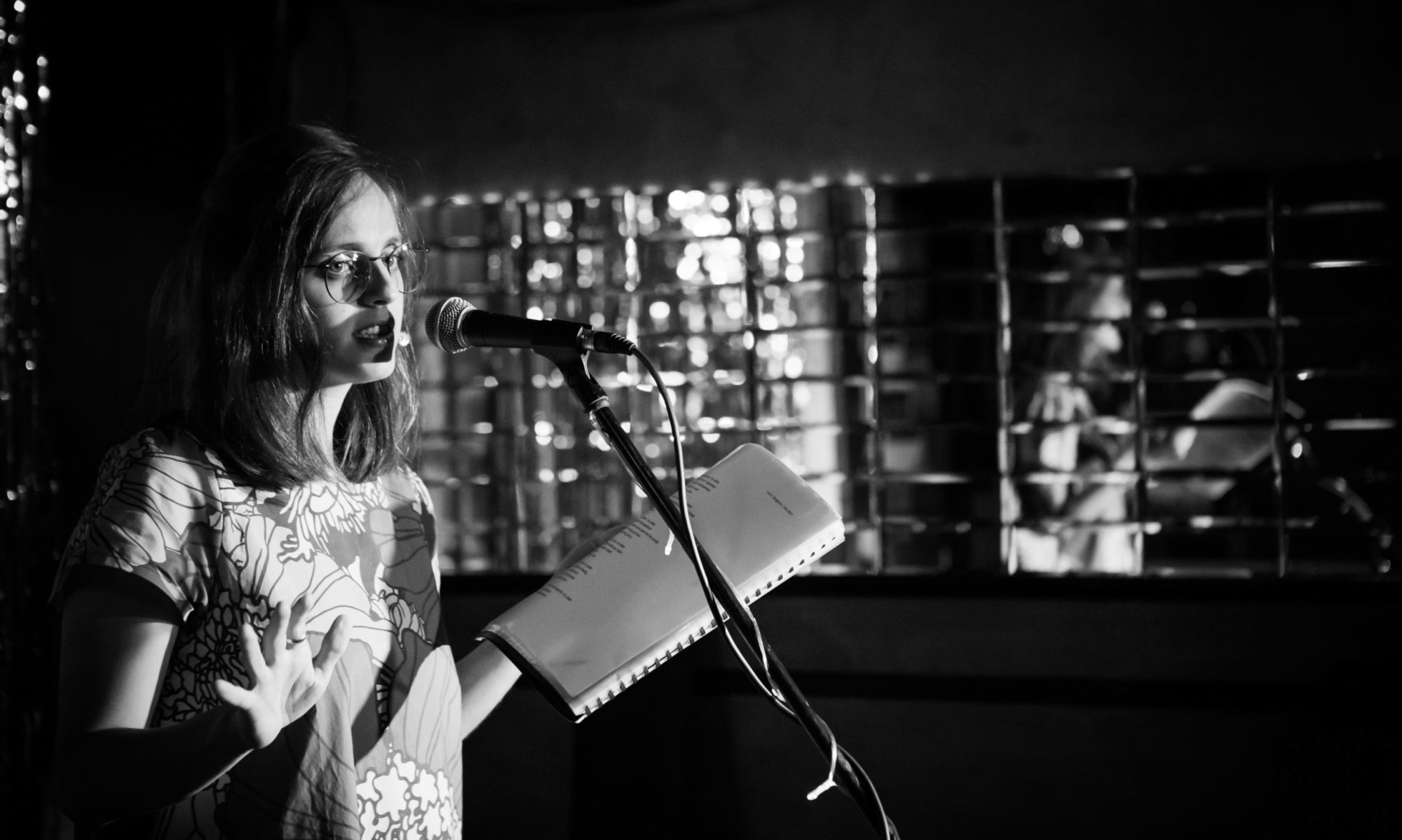One of my readers recently commented they’d like to see a positive post next, so I’ve reflected on the meaning of the word “positive”. We humans love to categorize and label, it makes our world orderly and safe. Salad- good, hamburger- bad/ love – good, anger-bad/ compliance – good, defiance – bad. If only the world was so simple. Our society and this world is so much more grey than this positive/negative division.
We like to focus on the ‘good’ because it is comfortable and comforting to forget about challenges, inequities, violence, oppression – in our past and present. We watch mindless TV, read trash and listen to music about love stories, because who wants to listen to a song written about women’s oppression or Aboriginal genocide?
Another reader recently asked me why I keep focusing on the past- and my answer was simple: if we want to improve the present and create a better future, we must closely examine our past. As my late grandmother used to tell me about the Holocaust: we must never forget, to prevent it happening again.
I do however, respect your feedback, and understand that some of my recent posts may have been experienced as heavy for some. We all have moments of wanting something light to read, watch, or listen to.
So I’ve tried (really hard) to think of an only-positive topic to write about. I could think of a few things that are pure joy- like a baby’s laughter, but nothing exists in isolation, and I’m not good at pretending (that it wasn’t preceded by hours of screaming, for instance). I also find it quite boring to be honest! I’ll admit, I’ve got this tendency to look for improvements. So here are a few positives that came to mind, alongside their ‘for improvement’ aspects.
Positive: I have a TV and I’m grateful for that- I love watching Insight and currently Sex Education.
Negative: There are a lot of people who don’t have the same (fair) access to television, and other forms of information and entertainment. Too many organizations and companies still don’t make access to disabled people a priority.
Positive: Watching TV can make me happy – especially when I find a thrilling or thought-provoking show.
Negative: I am not very good at watching without my critical mind ticking away (That’s the problem when most available TV comes from white-men, able-bodied creators).
Positive: TV can teach us about people, cultures, ourselves. From the comfort of our couch we can get transported to other dimensions of time and place.
Negative: TV has been teaching us the wrong thing for so long- perpetuating patriarchal structures of our society. We have learnt how to shame women for being humans (with any thoughts or personality) and how to admire men for being alive.
Positive: Good basketballer.
Negative: Rapist.
Positive: We can still change- as people, as a society.
There is no negative that comes with this one.
What is the point of this post then, I wondered. Perhaps it is to remind us of life’s complexity- the greyness of people, society and life. Is to encourage us to look at ourselves with honesty. Being grateful doesn’t mean avoiding looking into what needs fixing. Calling out racism, ableism and other inequalities doesn’t mean hatred, it means love. Only love gives us hope for change: I love humans and what we’ve achieved- and it allows me to trust that we can overcome our struggles with violence, injustice and oppression. We’ve come so far. Looking back with only nostalgia means we don’t acknowledge the progress made or make room for change. Looking ahead with an open mind and heart means we’ll be ready to create the best path forward.
I hope this was enough positivity for you today.
Until next time,
L. K. Bridgford

